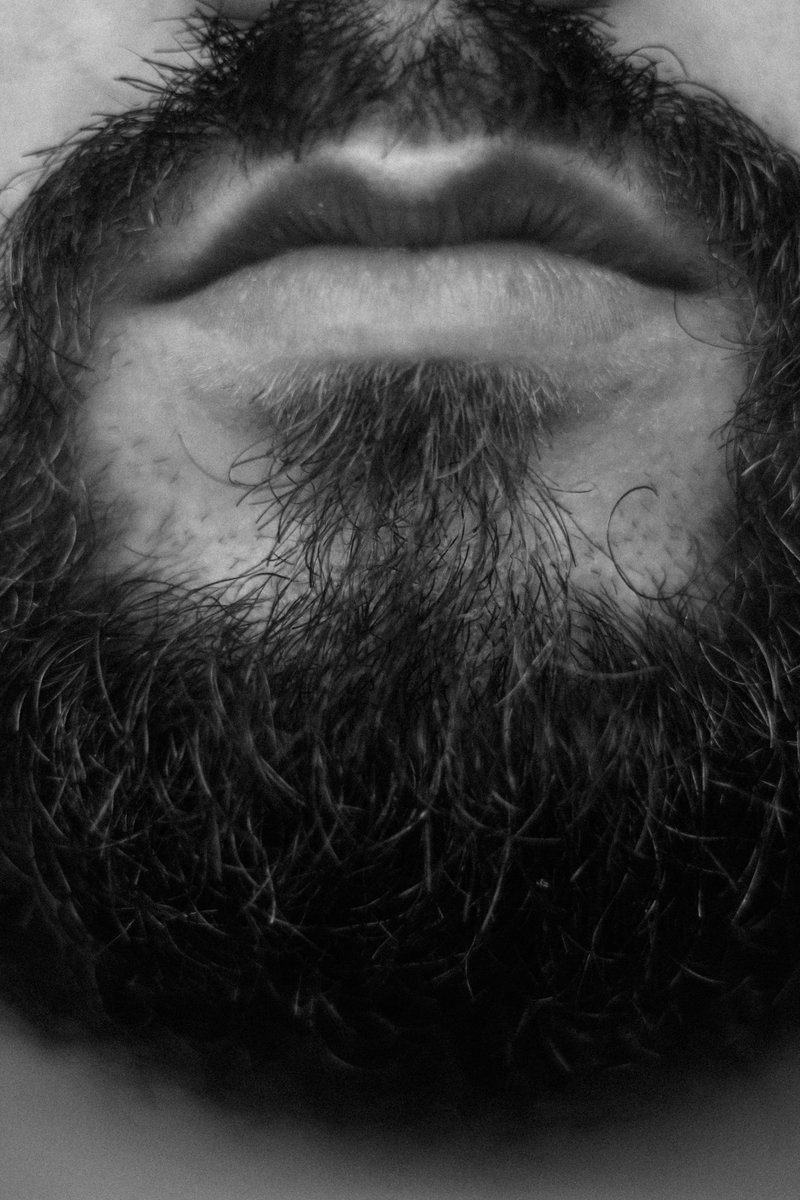🚨 Testosterone Collapse in Young Men: The Hidden Crisis No One Talks About
When discussing what causes low testosterone in young men, it’s essential to first understand how crucial this hormone is for male vitality. Testosterone governs libido, energy, mood, muscle mass, and even confidence. Yet, a growing number of young men today are reporting symptoms typically associated with older males—fatigue, low sex drive, poor muscle gains, and mental fog. So what’s really happening?
The Modern Lifestyle is Wrecking Hormonal Balance
In the age of screens and sedentary jobs, movement has become rare. Physical inactivity is one of the most underrated culprits in testosterone decline. Research shows that men who exercise regularly, especially strength training, have significantly higher testosterone levels.
Compare that to a young man spending 8–10 hours seated daily, often hunched over a device—he’s effectively telling his body that virility is not needed.
Poor Diet and Nutrient Deficiencies
Testosterone is built on a foundation of key nutrients—zinc, magnesium, vitamin D, and healthy fats. Processed foods, sugary drinks, and seed oil-laden meals strip the body of these essentials. Combine that with excessive caffeine and alcohol intake, and you have a hormonal disaster brewing.
Sleep Deprivation and Late Nights
Testosterone is primarily produced during deep sleep. Studies confirm that even one week of poor sleep can slash testosterone levels by up to 15%. Young men binge-watching shows, gaming all night, or scrolling endlessly are robbing themselves of hormonal restoration.
High Levels of Stress and Cortisol
Stress isn’t just a mental burden—it’s a testosterone killer. Cortisol, the stress hormone, directly suppresses testosterone production. Daily pressure from studies, work, and social comparisons on platforms like Instagram only add fuel to the fire.
Exposure to Endocrine Disruptors
Plastics, personal care products, non-stick cookware, and even tap water often contain chemicals like BPA and phthalates—proven to interfere with testosterone and sperm health. These endocrine disruptors mimic estrogen in the body, creating hormonal chaos.
Excess Body Fat and Estrogen Conversion
Fat tissue, particularly around the belly, converts testosterone into estrogen via the aromatase enzyme. This not only reduces available testosterone but worsens fat accumulation—creating a vicious cycle.
Undiagnosed Medical Conditions
Conditions like hypogonadism, thyroid imbalances, and insulin resistance can silently lower testosterone levels. Regular bloodwork and medical checkups are crucial to rule out underlying causes.
The Impact of Porn and Dopamine Overload
Regular consumption of porn floods the brain with dopamine, desensitizing the pleasure centers. This often leads to flat libido, delayed erections, and even performance anxiety. These symptoms are frequently misattributed to low testosterone—but they feed into each other.
Are You Making Things Worse Without Knowing?
If you’re not actively improving your lifestyle, you might be unknowingly sabotaging your testosterone. Even seemingly small habits—like using commercial deodorants, avoiding sunlight, or staying dehydrated—accumulate over time.
How to Naturally Boost Your Testosterone Levels
Fortunately, reversing this trend is entirely possible. Strategic strength training, optimizing sleep, avoiding xenoestrogens, and eating a diet rich in whole foods can reignite your hormonal engine.
Check out our article on does muscle mass affect testosterone levels to discover how lifting weights can become your testosterone therapy.
Strategic Supplements and Natural Boosters
Some herbs and compounds like ashwagandha, tongkat ali, and vitamin D3 have been shown to naturally support testosterone production. However, these should be paired with lifestyle shifts for best results.
The Long-Term Benefits of Optimizing Testosterone Early
Starting early sets you up for a life of physical power, mental clarity, and strong sexual performance. Testosterone isn’t just about masculinity—it’s about living your full potential as a man.
Looking to fix this once and for all? Discover the complete method here to take back control of your manhood, naturally and without gimmicks.
Also Read
- Does semen retention increase testosterone?
- How to train for better erections
- Can caffeine improve sexual performance?
Warning Signs of Low Testosterone in Your 20s
Low testosterone doesn’t always announce itself with dramatic symptoms. Instead, it sneaks up through subtle shifts. If you notice a drop in morning wood, lack of drive to hit the gym, irritability, or declining motivation, your hormones may be crying out for help.
Other indicators include poor sleep quality, reduced ejaculate volume, difficulty gaining muscle despite training, and even increased sensitivity to emotional stress.
Testosterone and Your Mental Game
Testosterone isn’t just about muscles and libido—it heavily influences your mood and cognition. Low levels can lead to feelings of depression, anxiety, and brain fog. You might find it harder to focus, remember tasks, or feel confident in social situations. The hormone is closely tied to dopamine pathways in the brain, which are key to motivation and reward-seeking behavior.
Low T and Relationships: A Silent Strain
Declining testosterone can silently sabotage your intimate relationships. Reduced libido or difficulty maintaining erections may lead to feelings of inadequacy, which in turn can create emotional distance from your partner. Many couples struggle in silence, unaware that hormones might be at the root of the issue.
What Lab Tests Should You Get?
If you’re serious about diagnosing low testosterone, blood work is essential. Request a morning total testosterone test (ideally between 7–10am), free testosterone, SHBG (Sex Hormone Binding Globulin), estradiol (E2), and LH/FSH to assess pituitary function. If you’re below 500 ng/dL, it’s worth investigating lifestyle changes or professional guidance.
The Role of Genetics vs. Environment
While genetics play a role, environment and lifestyle are dominant factors in testosterone decline. Even if your father had robust levels, modern exposure to processed food, blue light, and endocrine disruptors can quickly override any genetic advantage.
How Porn Impacts Testosterone and Erections
Chronic porn use trains your brain to require constant novelty and high-stimulation to get aroused. Over time, this rewiring can blunt your natural dopamine response and lead to low libido, weak erections, and even erectile dysfunction. Combine that with already declining testosterone, and the effects are compounded.
Does Masturbation Lower Testosterone?
Contrary to myth, masturbation doesn’t directly lower testosterone. However, frequent ejaculation—especially when tied to dopamine spikes from porn—can affect your hormonal rhythm. Many men report improved energy, motivation, and focus when practicing controlled abstinence. You can read more in our article: Does semen retention increase testosterone?
Why Fixing Low T Early Matters
Addressing low testosterone while you’re still young prevents long-term damage to your fertility, bone density, cardiovascular health, and mental well-being. Think of testosterone as the software that keeps your male hardware running at full speed. Without it, systems crash over time.
Low Testosterone vs. Aging Prematurely
Many symptoms of low T—belly fat, low energy, poor memory—are associated with aging. But when young men experience them, it’s not just about getting older. It’s a wake-up call that your body isn’t functioning optimally. Fixing your testosterone now can make you feel 10 years younger—naturally.
Start by Reclaiming Control
If you’re experiencing these symptoms, don’t wait for a crisis. Begin with small steps—lift weights, clean up your diet, fix your sleep, and reduce screen time. The earlier you start, the easier it is to reverse the damage. And if you want a step-by-step blueprint tailored for real men facing this issue, check out the full protocol here.
Daily Habits That Secretly Lower Testosterone
You might be unknowingly sabotaging your testosterone levels through everyday habits. Here are some of the most common culprits:
- Plastic Bottles: Drinking water from plastic bottles daily exposes you to BPA, a known estrogenic compound.
- Soy Overconsumption: Some soy products can elevate estrogen in men when consumed in high amounts.
- Skipping Breakfast: This can cause cortisol spikes that suppress testosterone in the long run.
- Chronic Cardio: Long-distance running can increase cortisol and reduce T, unlike short, intense strength training.
- Using Chemical-Based Shampoos: Many contain parabens and sulfates, which disrupt hormones through skin absorption.
Alcohol and Weed: Are They Killing Your T?
Both alcohol and marijuana have been shown to reduce testosterone when used chronically. Alcohol impairs liver function, which is vital for hormone metabolism, while THC affects the hypothalamic-pituitary-gonadal axis, reducing LH (Luteinizing Hormone) which signals testosterone production.
Recovery Is As Important as Training
Overtraining without proper rest can crash your T levels. Recovery days, quality sleep, sauna use, and stress-reducing practices like breathwork are essential for maintaining high testosterone. Learn more in our related guide: How to train for better erections.
Does Caffeine Hurt or Help Testosterone?
Surprisingly, moderate caffeine intake can actually support testosterone by increasing adrenaline and dopamine. However, excessive use leads to adrenal fatigue and cortisol buildup. For a detailed breakdown, read: Can caffeine improve sexual performance?
Final Thoughts
Understanding what causes low testosterone in young men is the first step to reclaiming your masculinity. It’s not just about libido—it’s about strength, purpose, vitality, and confidence. Don’t accept weakness or fatigue as normal. Your hormones determine how you show up in the world.
If you’re ready to level up naturally, start your transformation today and unlock your highest male potential with proven, natural techniques trusted by thousands of men worldwide.
🔍 Low Testosterone vs. High Testosterone in Young Men
| Aspect | Low T | High T |
|---|---|---|
| Energy | Low, sluggish | High, motivated |
| Libido | Minimal or absent | Strong and consistent |
| Mood | Anxious, depressed | Confident, stable |
| Muscle Growth | Slow, frustrating | Efficient and fast |
| Focus | Scattered, foggy | Laser sharp |
Frequently Asked Questions 🤔
How do I know if my testosterone is low in my 20s?
Warning signs include low libido, fatigue, poor muscle gains, mood swings, and lack of morning erections. A blood test is the only way to confirm it.
Can low testosterone be reversed naturally?
Absolutely. With strategic lifestyle changes like heavy lifting, better sleep, and a nutrient-dense diet, many young men can recover optimal T levels naturally—without medication.










